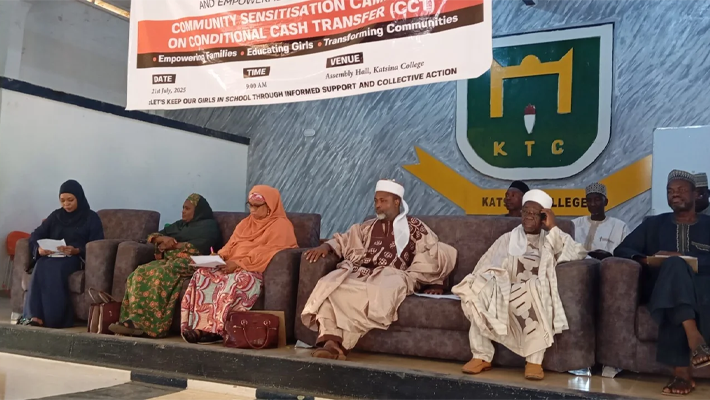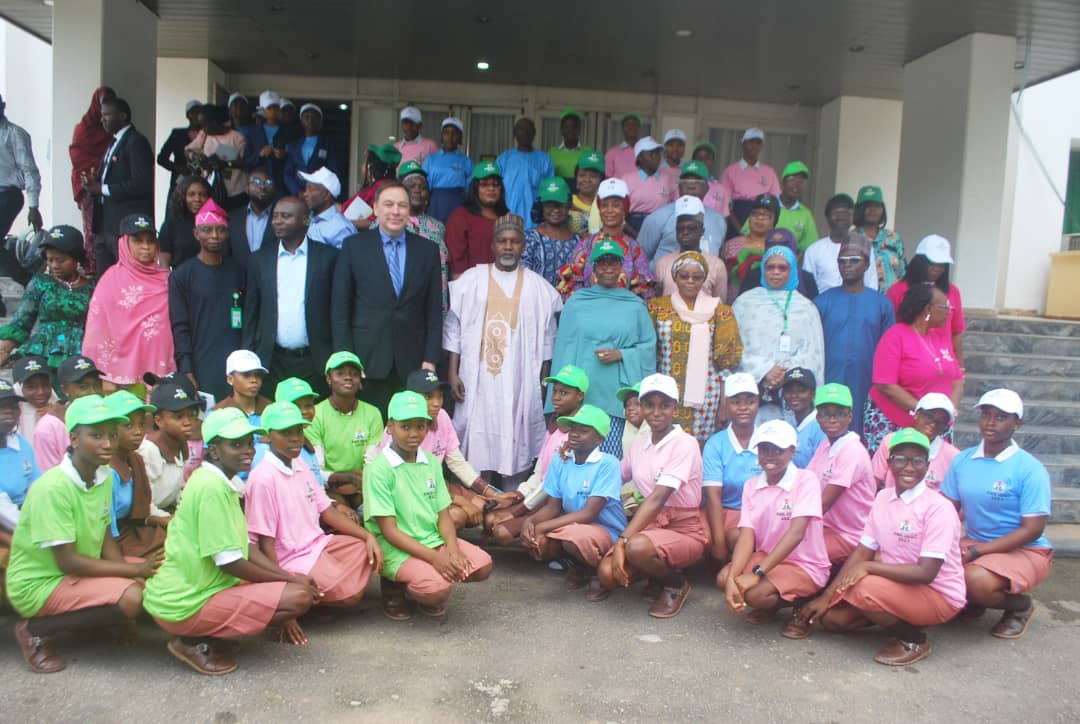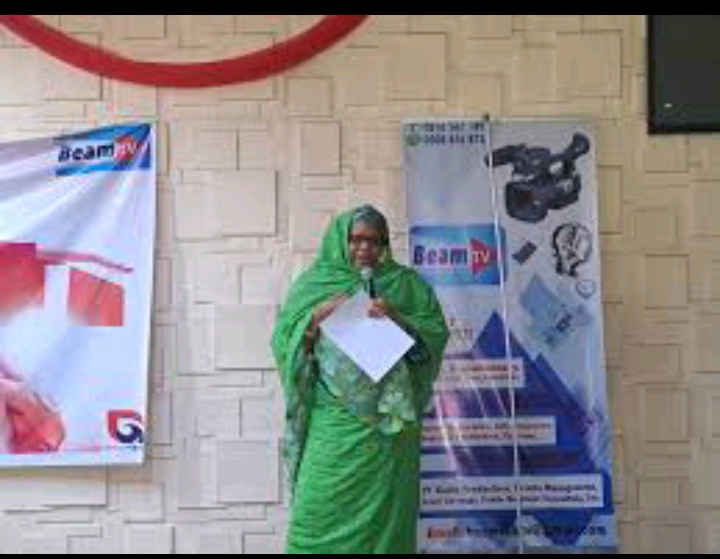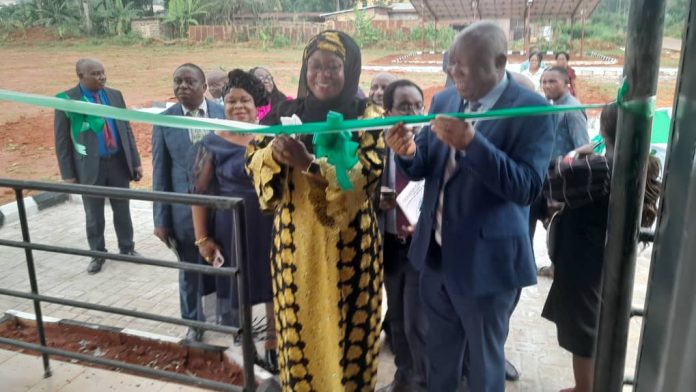Katsina re-enrols 42,781 girls in school through AGILE project


A total of 42,781 girls have been brought back to school by the Katsina State Government through the Adolescent Girls Initiative for Learning and Empowerment.
Mustapha Shehu, the AGILE coordinator in Katsina, revealed this during a one-day community awareness campaign held in Katsina on Tuesday.
The theme of the campaign was “Strengthening Community Support for Girls’ Education through Conditional Cash Transfers (CCT).”
Mr Shehu stated that this achievement was recorded over nearly five years, since the beginning of the project in Katsina.
He further mentioned that, during this period, the project, through its first, second, and third cohorts, had enhanced the financial well-being of approximately 115,568 households.
He also disclosed that the fourth cohort had begun distributing support to no fewer than 48,000 parents and 43,000 girls via scholarships.
According to the coordinator, the purpose of the meeting was to raise public awareness about the CCT component of the project, its conditions, and associated challenges.
He added that over 2,900 ATM cards had been registered for CCT support, but some had not been collected because those who attempted to do so were not the rightful recipients.
Mr Shehu clarified that AGILE was introduced in Katsina after a survey carried out between 2019 and 2020, which revealed that 53 percent of primary school pupils do not proceed to junior secondary school.
He went on to say that the survey found that 43 percent of students fail to transition from junior to senior secondary school, with the majority of those affected being girls.
Kubrah Muhammad, the project’s CCT coordinator, explained that the World Bank-supported programme was established to improve access to secondary education for adolescent girls in selected states.
She noted that the project is designed to boost girls’ enrolment, retention, and completion of secondary education, while also equipping them with vital life skills.
She added that major components of the initiative include upgrading school infrastructure, refurbishing classrooms, and creating secure learning environments.
Muhammad also pointed out that the project delivers financial assistance by providing scholarships and CCTs to qualified girls and their families.









